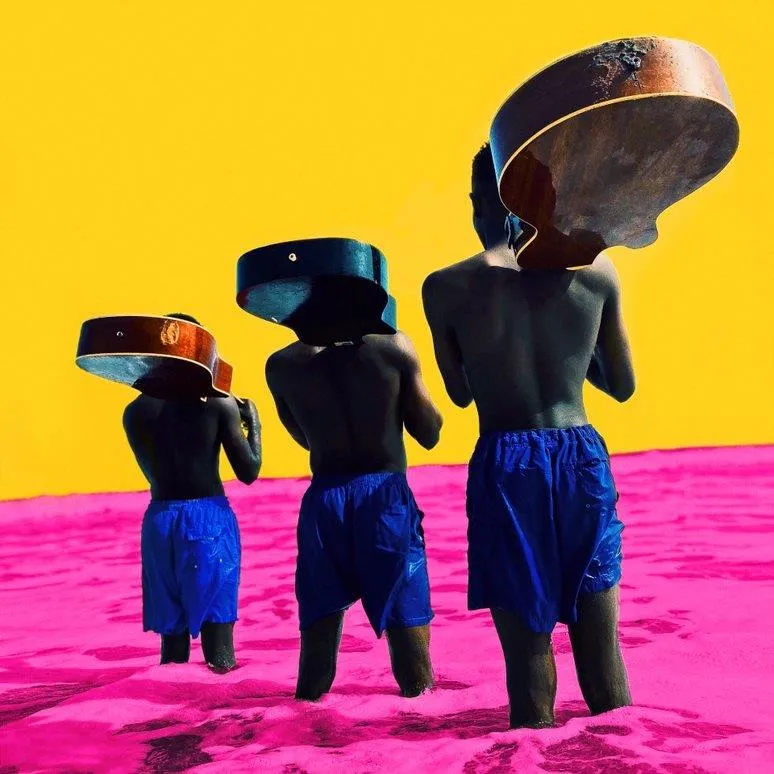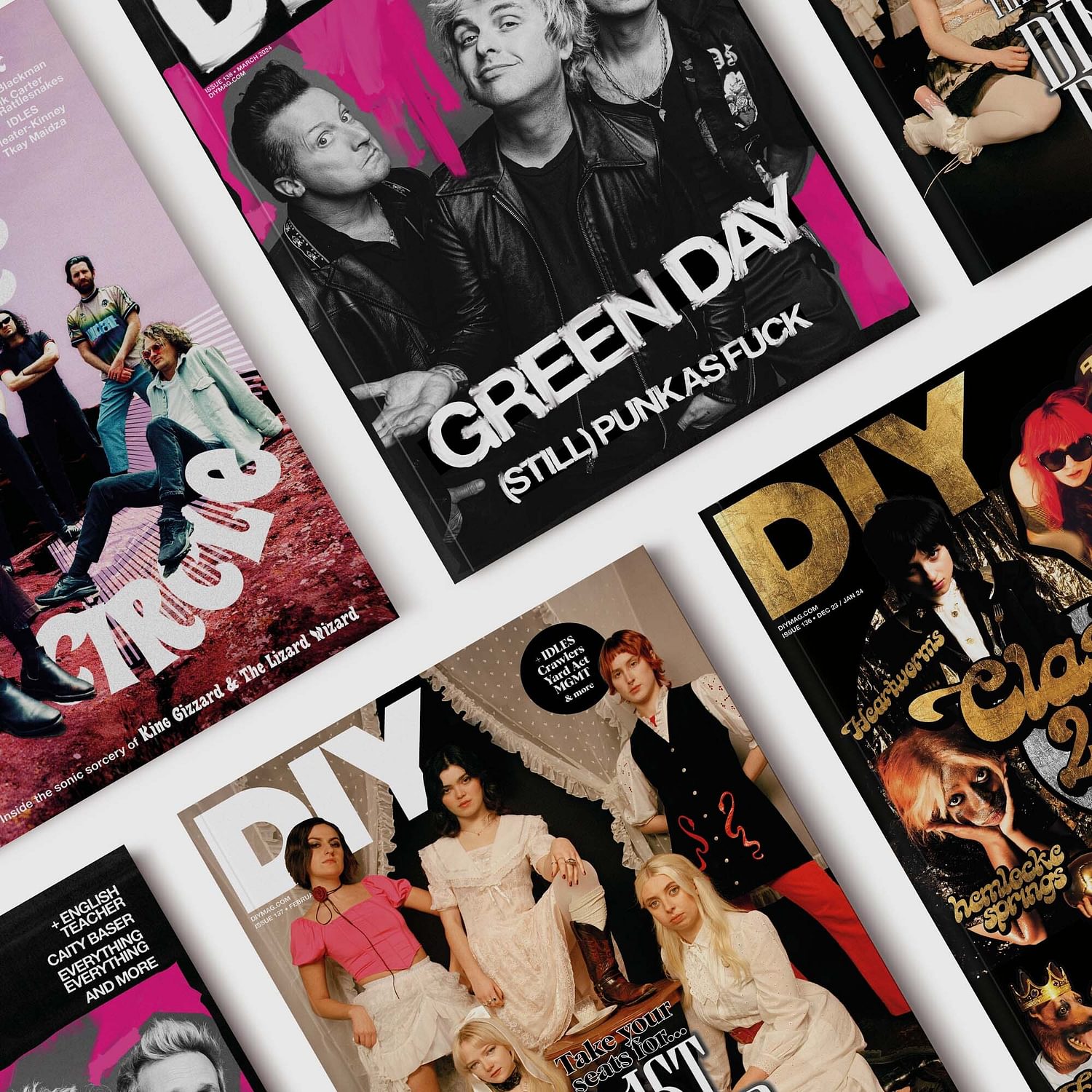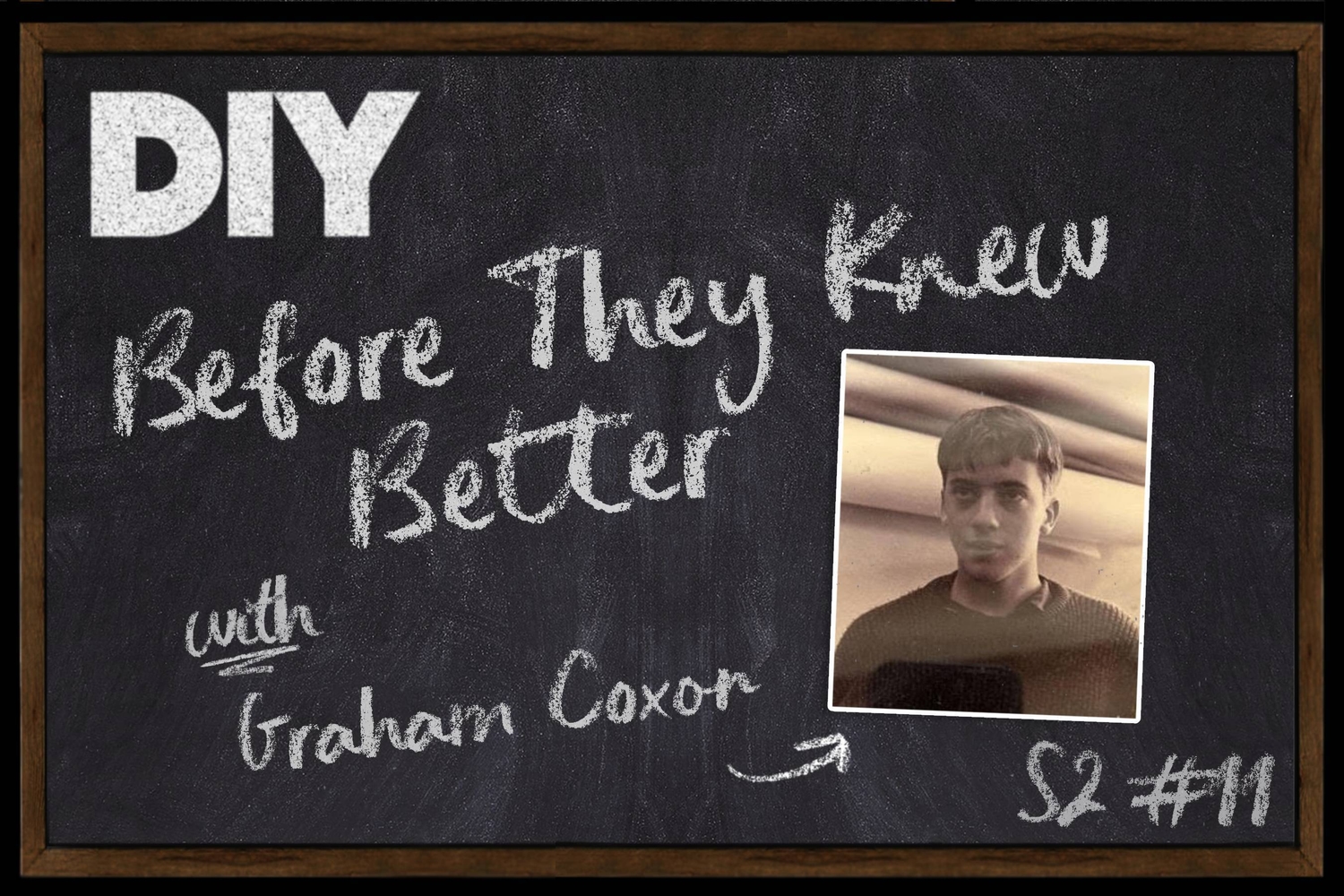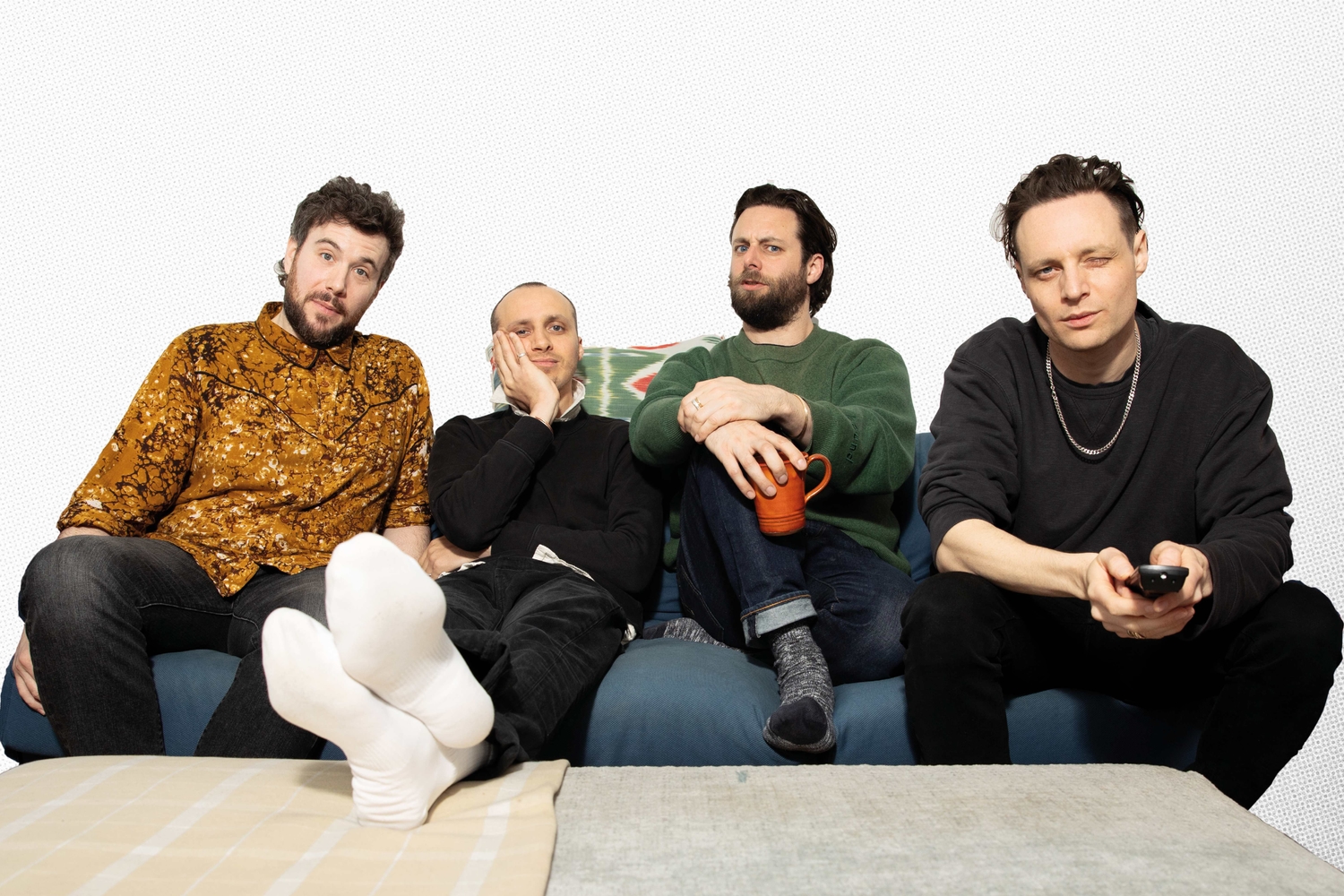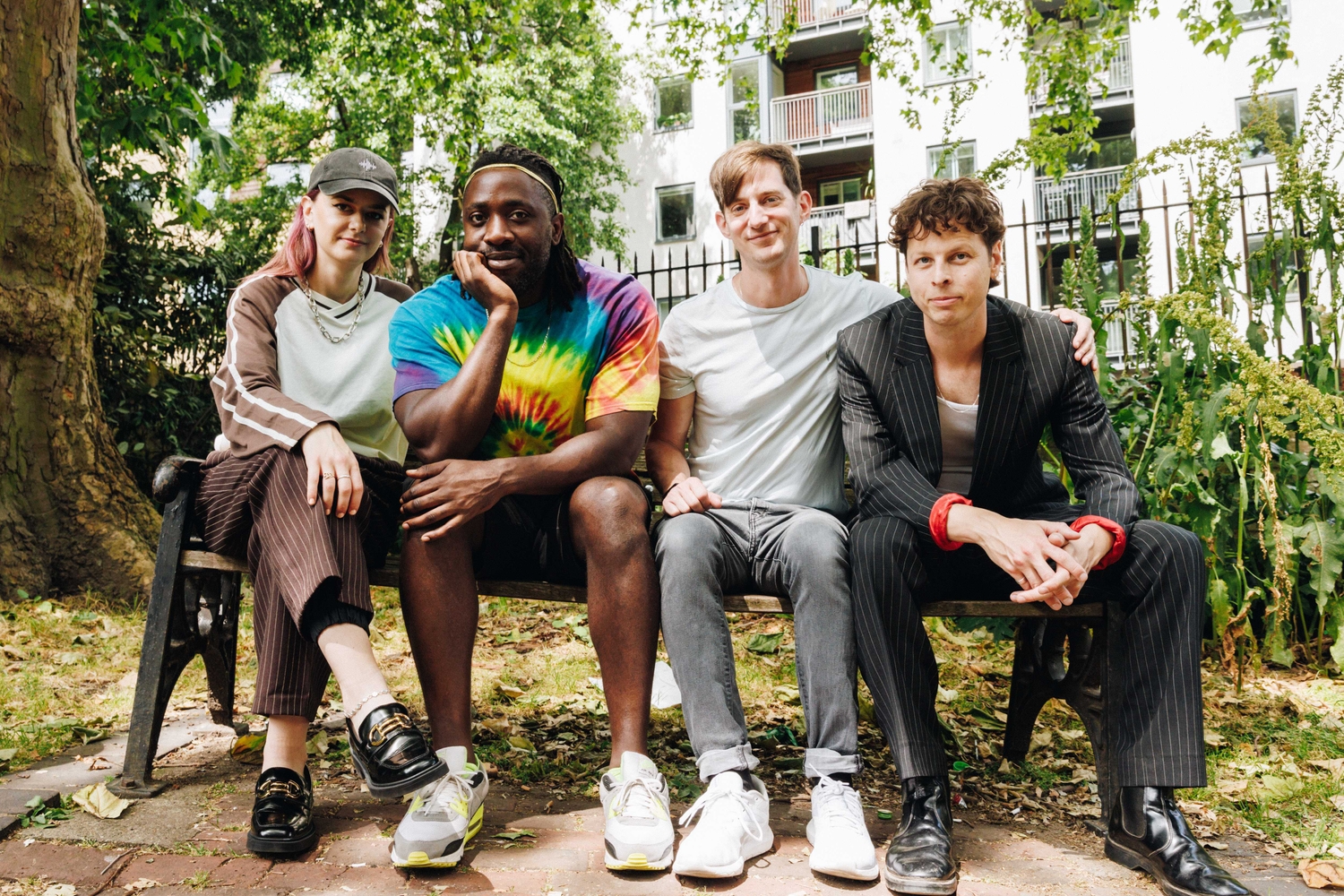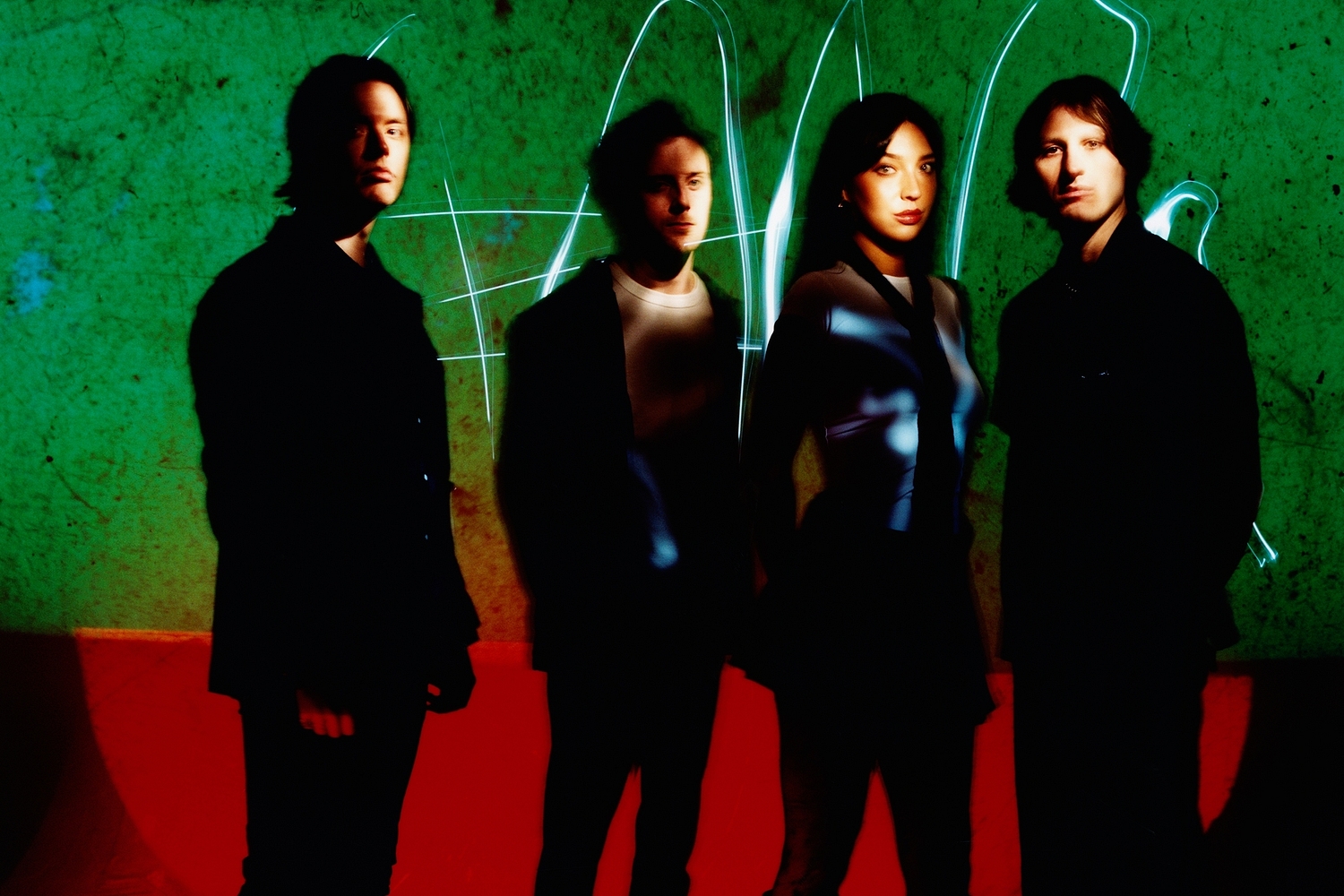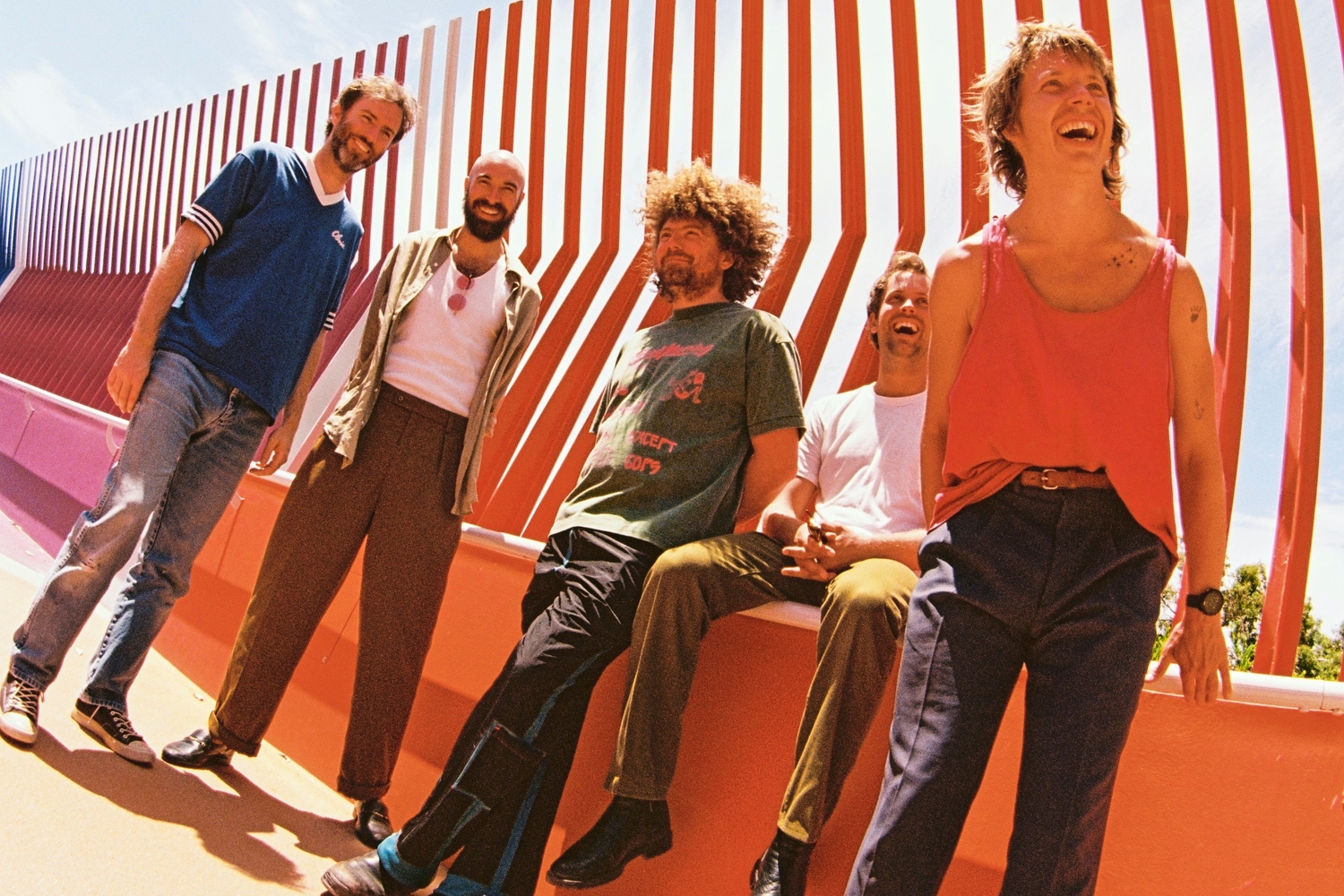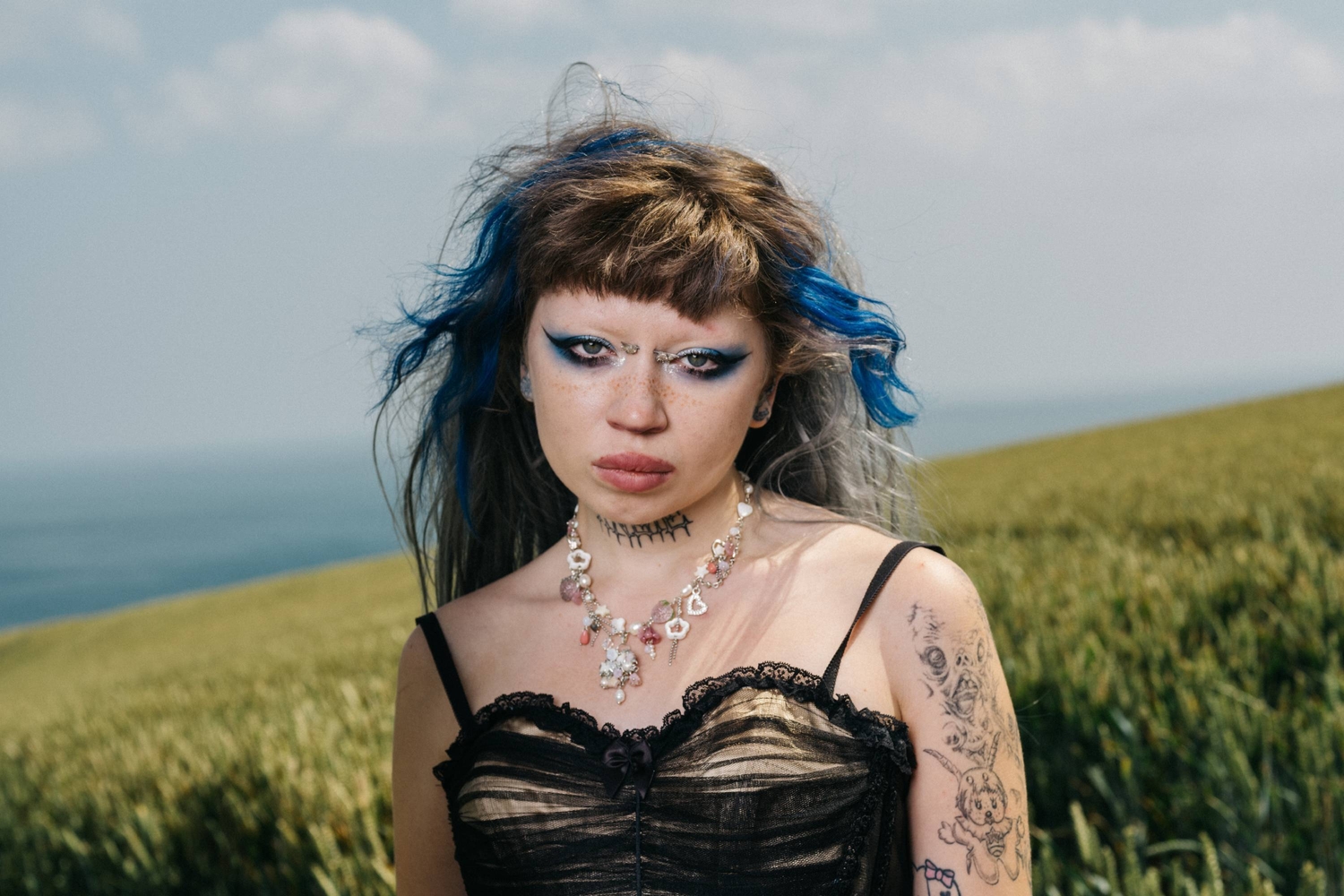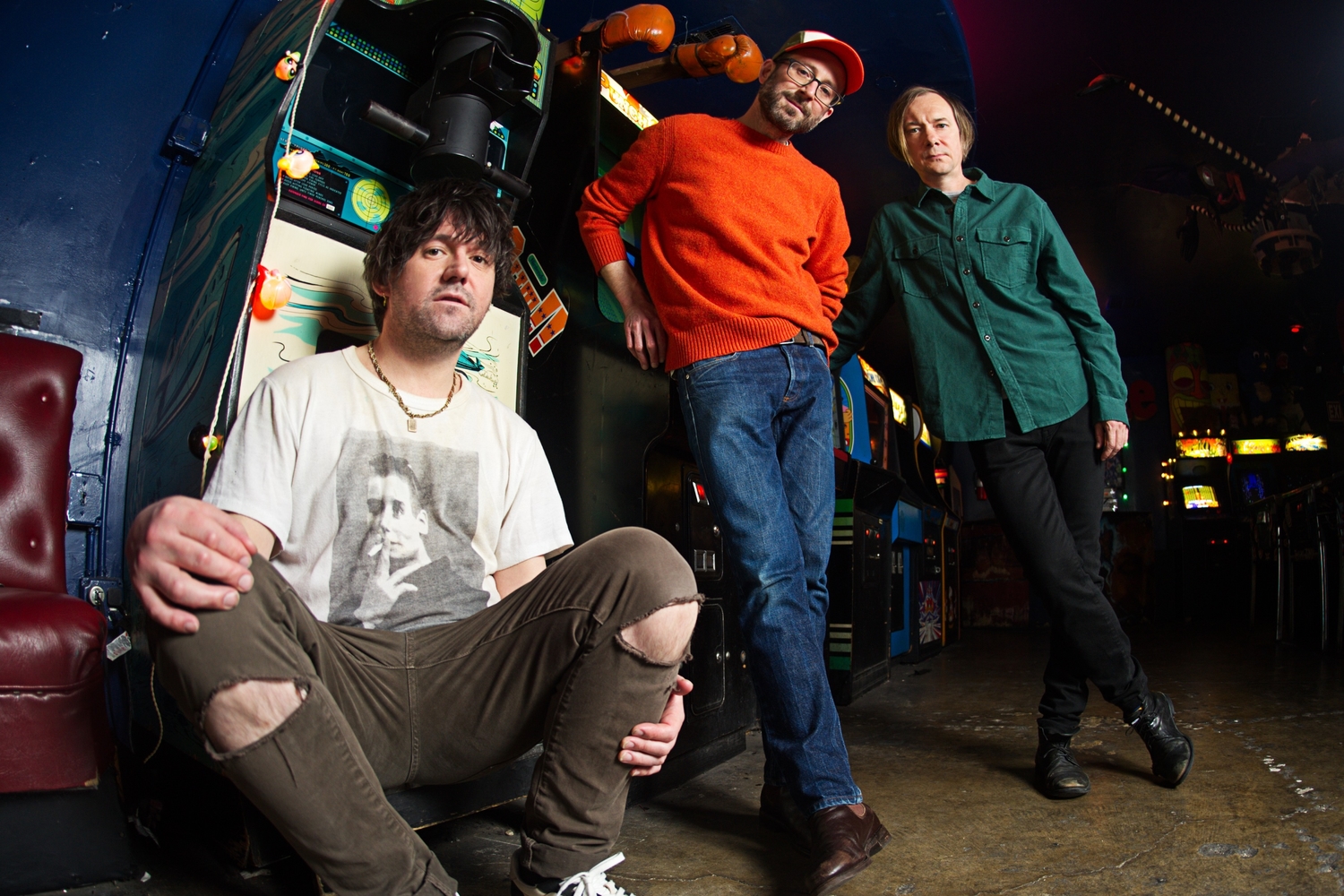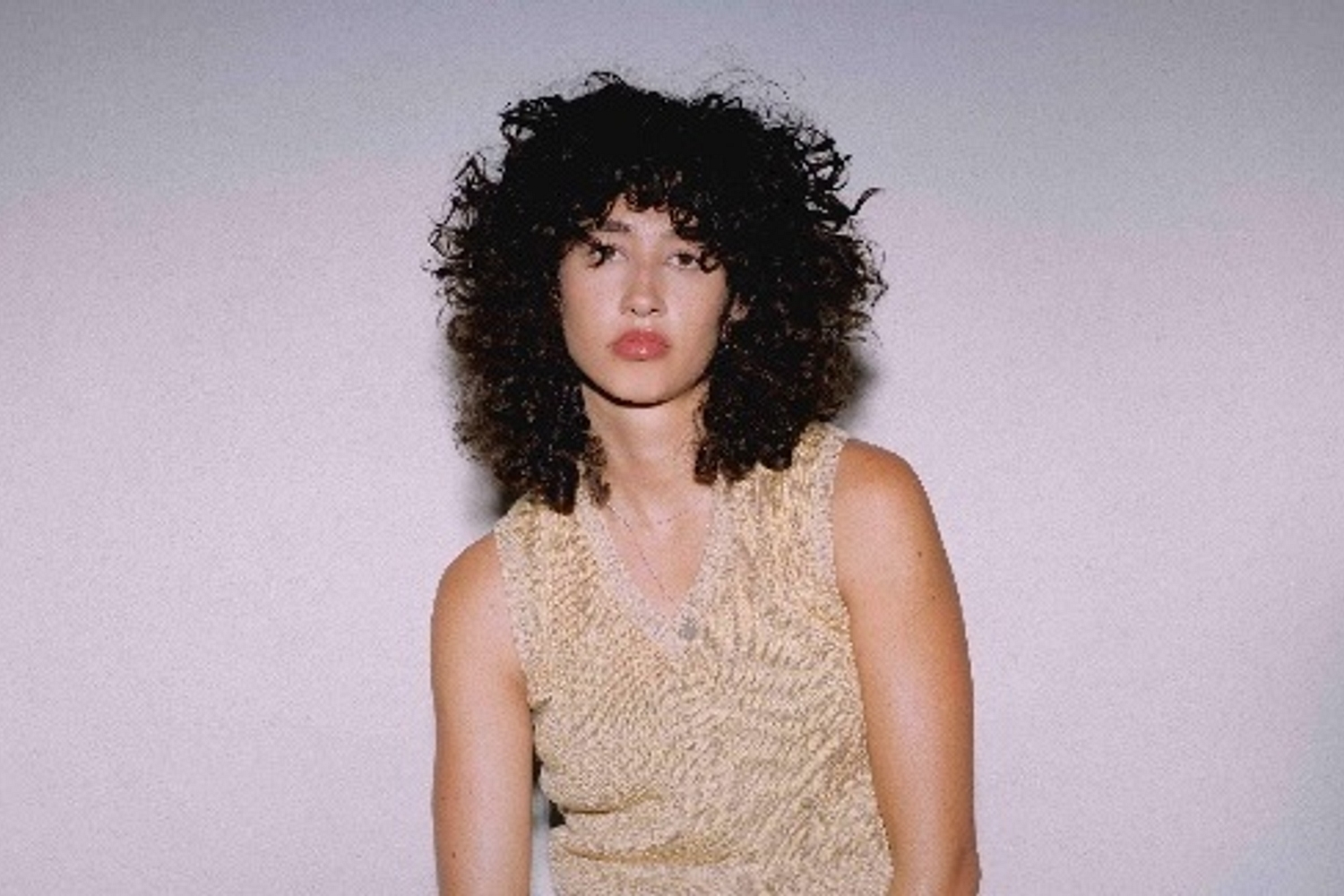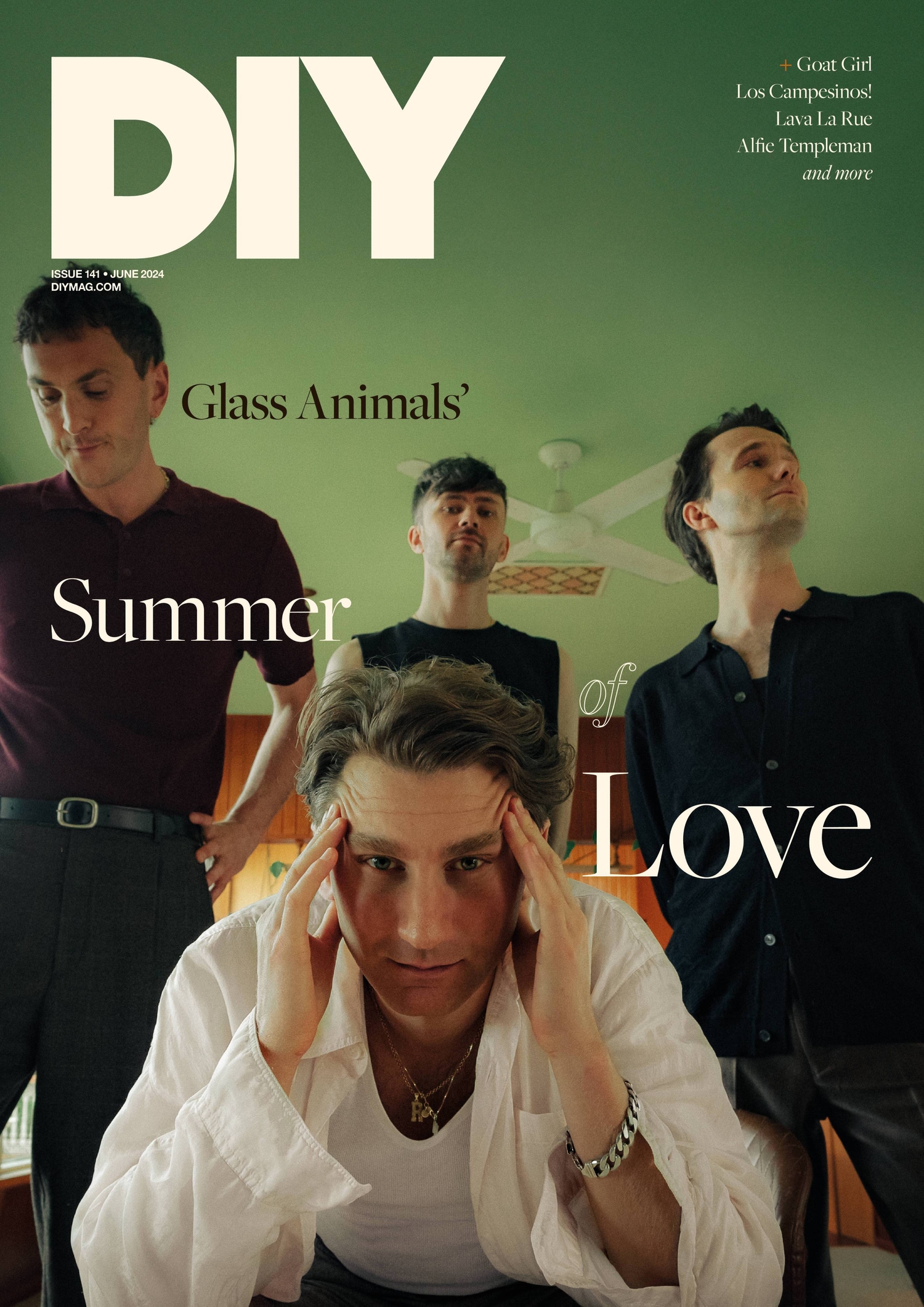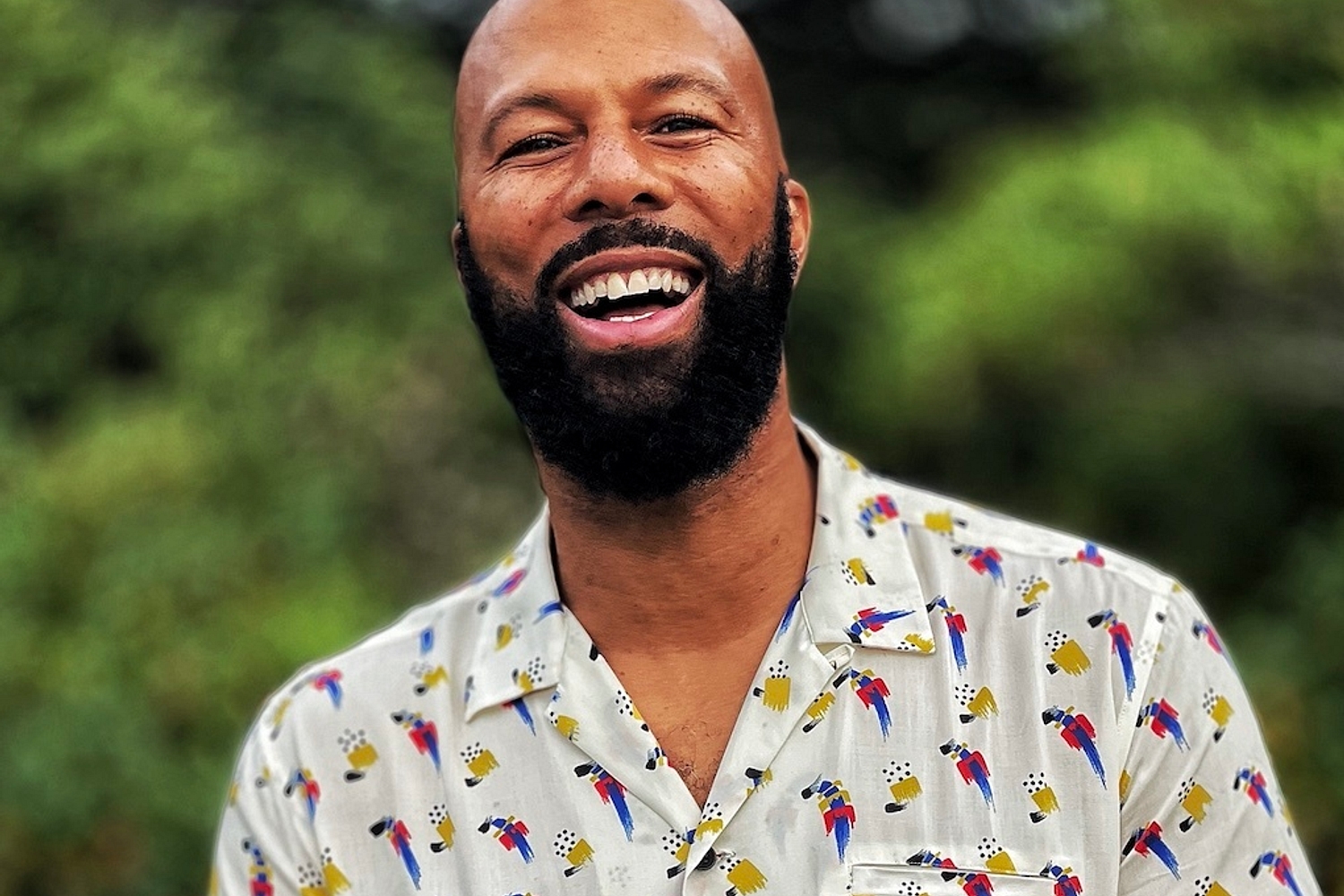
Interview A Beautiful Mind: Common
Across a 30 year career, Common has established himself as a creative and political force to be reckoned with. On ‘A Beautiful Revolution (Pt. 2)’ he’s pooling it all together and seeking change.
Late last August, amid the glowing embers of the most politically incendiary summer in recent memory, Common got to work.
As he began to write what would become October EP ‘A Beautiful Revolution (Pt. 1)’, he knew the clock was ticking. “I wanted to get it out before the election,” he recalls. “This was movement music, and I needed it out there in time for it to soundtrack people standing in line to vote, for it to energise and fuel people politically.”
The project, released four days before America went to the polls on 3rd November 2020, sounded every bit as urgent as you’d imagine. Its nine tracks didn’t seek to passively reflect on last summer’s Black Lives Matter protests, or trap them in contextual amber; ‘… Pt. 1’ instead channeled their intensity into a state-of-the-nation address that was entirely forward-facing, searching for practical paths to a better tomorrow. Common’s foot remained firmly on the gas.
You’d expect nothing less from one of the most consistently vital conscious artists of his generation. He talks with a childlike joy about collaborating with the likes of Stevie Wonder and Chuck D on that album but, in truth, he has long been a member of the same socially-aware lineage ever since he made his commercial breakthrough in 2000 with the politically perspicacious ‘Like Water for Chocolate’. That record introduced him to a mainstream audience as an artist not just determined to face down inequality, but one who did so with composure, nuance and incision, even as he was evoking such firebrands as Fela Kuti and Assata Shakur.
If we knew then he was an intellectual, we know now he’s a renaissance man. His work over the past two decades amounts to one of the most colourful CVs in showbusiness. Musically, another eight albums followed, as well as countless collaborations; his most fruitful working relationships included those with his ex-partner Erykah Badu, and fellow Chicagoan Kanye West. He won a GRAMMY with each.
As an actor, you might have seen him in anything from bona fide blockbusters (John Wick: Chapter 2, Suicide Squad) to acclaimed indie fare (The Tale, All About Nina). He brought the disciplines together in 2014, when he both appeared in Ava DuVernay’s civil rights opus Selma and contributed the stirring protest anthem ‘Glory’ to the soundtrack. The latter earned him an Oscar and a Golden Globe.
“What I’ve seen with my own eyes this last year is how much humanity is out there.”
Not that awards should be the currency by which we measure Common’s prerogative to address the world he sees around him; he’s been putting in the hard yards for nearly thirty years now, both as an artist and as a community organiser and activist. The second part to ‘A Beautiful Revolution’, which now arrives eleven months after the first, is at once a counterpoint and a continuation - still political, but palpably more personal; still realistic, but pointedly more optimistic.
“Between last summer and the pandemic, I was asking myself, ‘OK, we’ve come through this really trying time. What does a beautiful revolution look like to me, right now?’” he explains. “And I thought about how much joy music has brought me over the last 18 months, and I found myself in a headspace to make something inspiring, and joyful, and geared towards self-empowerment.”
There was a delicate balance to strike; he wanted to celebrate the escapist power of music without turning a blind eye to the present climate, and empathise with the plight of those less fortunate whilst still offering them some emotional relief. Buoyant lead single ‘Imagine’, grounded in the difficult present but striving for a brighter future, is a case in point.
“I want to take the pandemic seriously, but I don’t want to see every single commercial be about the pandemic, you know? And it’s the same thing: I do my best to speak to issues, but I don’t want to beat people who are living in these situations over the head with them,” he explains. “You have to stay grounded and acknowledge what’s going on, but also envision the world in a better place, and provide people with the chance to get away from it all for a little while.”
That attitude, he says, has shaped his response to the tumult of the past 18 months; acknowledging the negative, then accentuating the positive. “I was having conversations that felt so dire, so hopeless. Everybody had seen the video of George Floyd being murdered - a human being, killed in front of their eyes. How do we react to that? For me, we ask ourselves what we’re working towards, what it is we want to see happen now, how we can effect positive change. So, inevitably, I think about what I’ve seen that makes me hopeful that a better day is right before us.”
“You have to stay grounded and acknowledge what’s going on, but also envision the world in a better place.”
He was not short of experiences to mine. As Common walked amid last summer’s protests, and as he knocked on doors from Houston to Jacksonville to Greensboro, North Carolina to encourage people to vote, he saw all walks of life reflect his razor-sharp political savvy back at him. “The young people who took to the streets…” He steadies himself. “Man, they’re addressing things I didn’t know about at that age, and things I still didn’t know about at this age! My mother was saying recently, ‘It’s important that they know the history, but more than that, they’re already writing their own history’. What I’ve seen with my own eyes this last year is how much humanity is out there. I was speaking to people who were engaged everywhere I went, whether it was standing in the middle of those protests or sitting in living rooms in some of the poorest parts of the country, as we were canvassing. People care. That, to me, is hope.”
He’s upbeat, too, about the future of the sub-genre he’s done so much to shape; conscious hip hop is in good hands, he says, because young artists are so involved, whether that’s musically or personally. Respectively, he nods to Noname (“She refuses to succumb to the corporate world”) and YG (“He’ll rap about LA hood stuff, but then talk about his mother”). He recalls a time the latter joined him on a visit to a California prison, as part of his long-standing campaign against mass incarceration and its evisceration of Black communities.
At the core of ‘A Beautiful Revolution Pt. 2’, though, remains the man himself. Tracks like the profoundly personal ‘A Beautiful Chicago Kid’ suggest that Common may have turned another new corner in relation to lyrical candour, something he credits to his unflinching 2019 memoir, ‘Let Love Have the Last Word’. “I think back to something like [1997 album] ‘One Day It’ll All Make Sense’; I thought I was expressing myself in the most honest way. I was talking about being a father, and my girlfriend at the time having an abortion, and me finding God - those kind of things.
“But fast forward to writing that book, and I never knew I could be that open. I went to hurtful, dark places. I was facing up to not always being the best father, facing up to being sexually molested, confronting my imperfections and my fears. Out of that, I’ve gained a confidence I’ve never had in my life, and of course that’s informing my music now. I’m stronger, and I’m more spiritual - I know who I am as a human being.”
'A Beautiful Revolution Pt. 2' is out now via Loma Vista.
As featured in the September 2021 issue of DIY, out now.
Read More
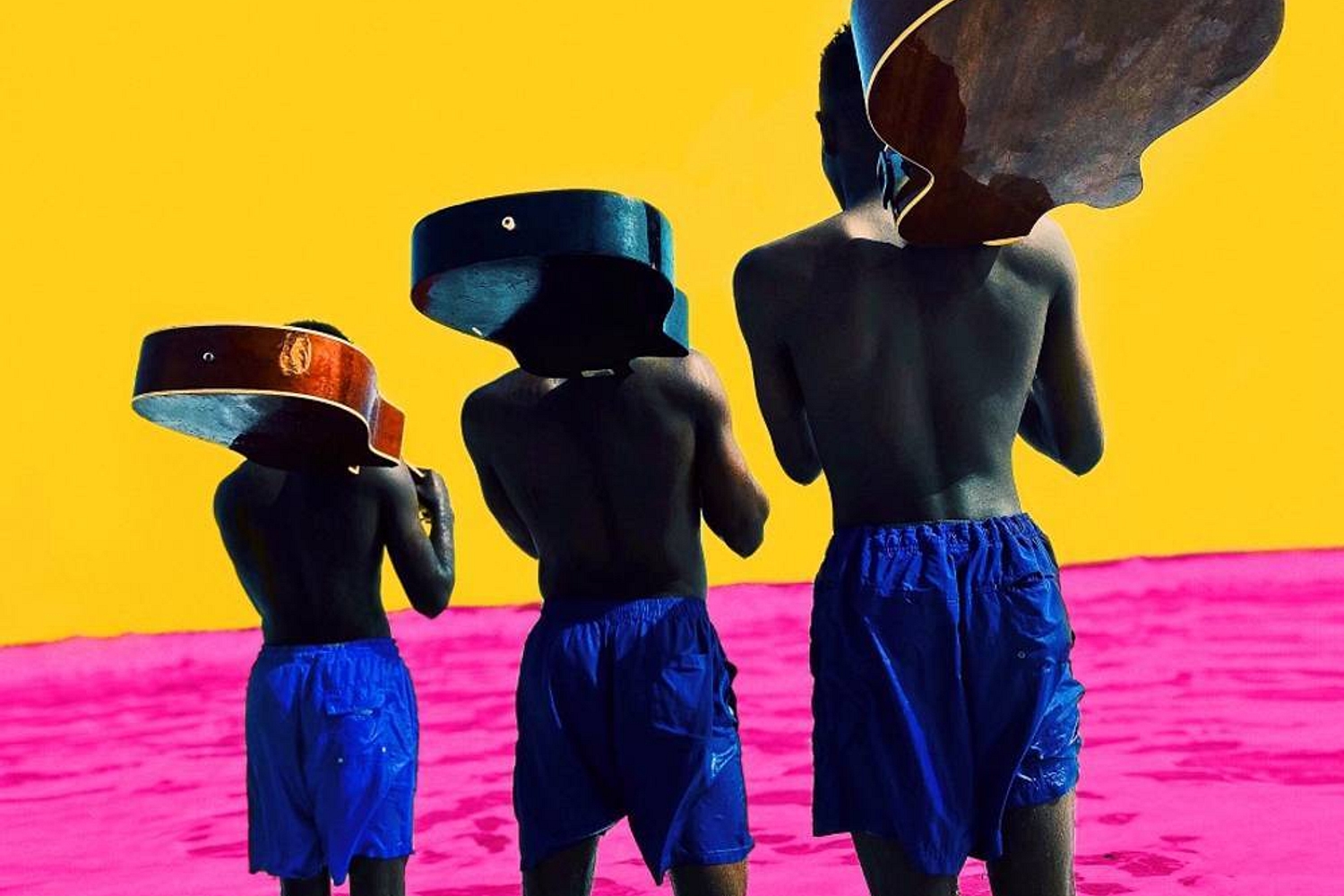
Common - A Beautiful Revolution Pt. 2
4 Stars
A sweet paean to music’s mood-boosting properties, as well as it capacity to effect meaningful change.
8th September 2021, 7:56am
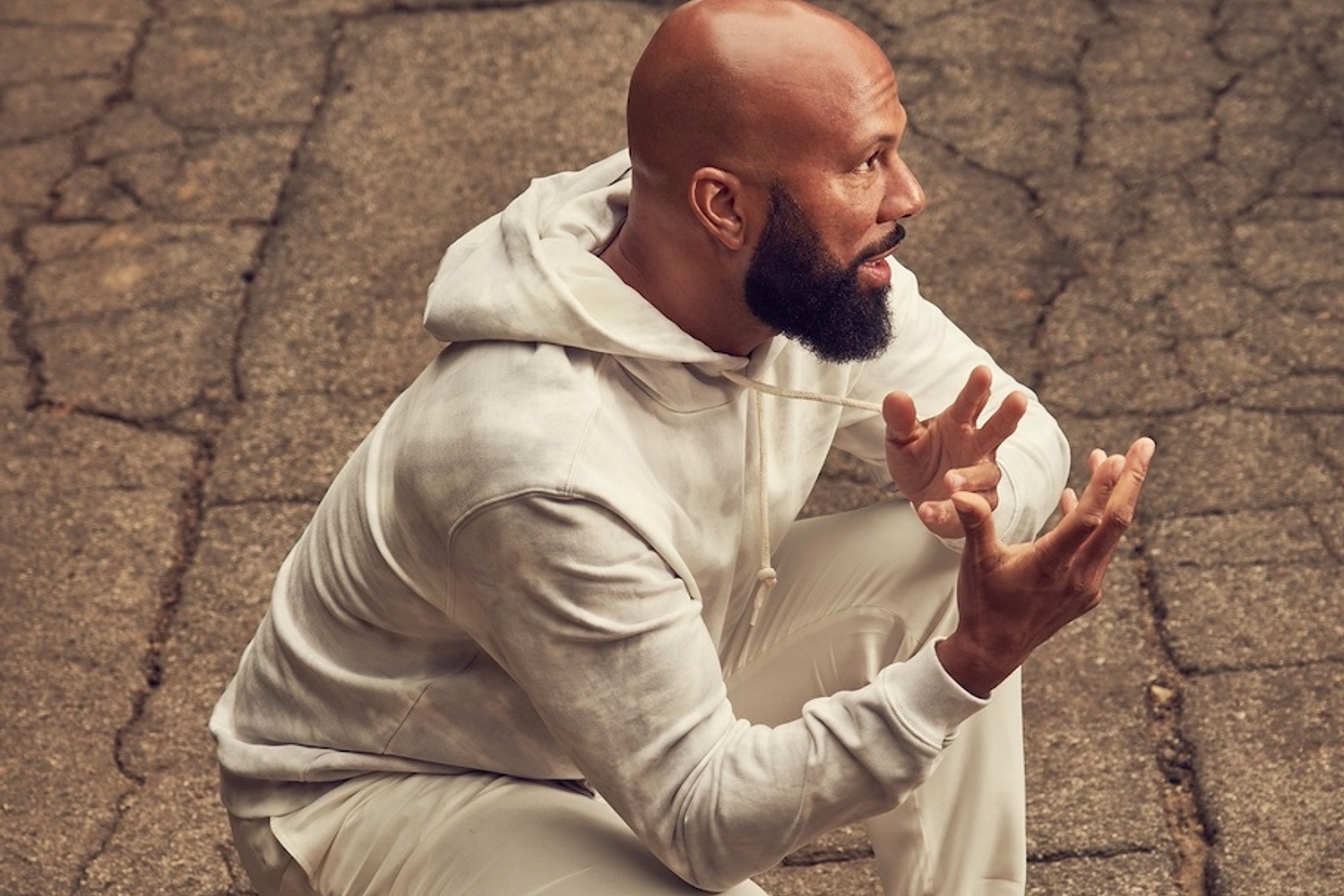
Common releases new single ‘Majesty (Where We Gonna Take It)’
It comes ahead of the release of his new album this Friday.
7th September 2021, 12:00am
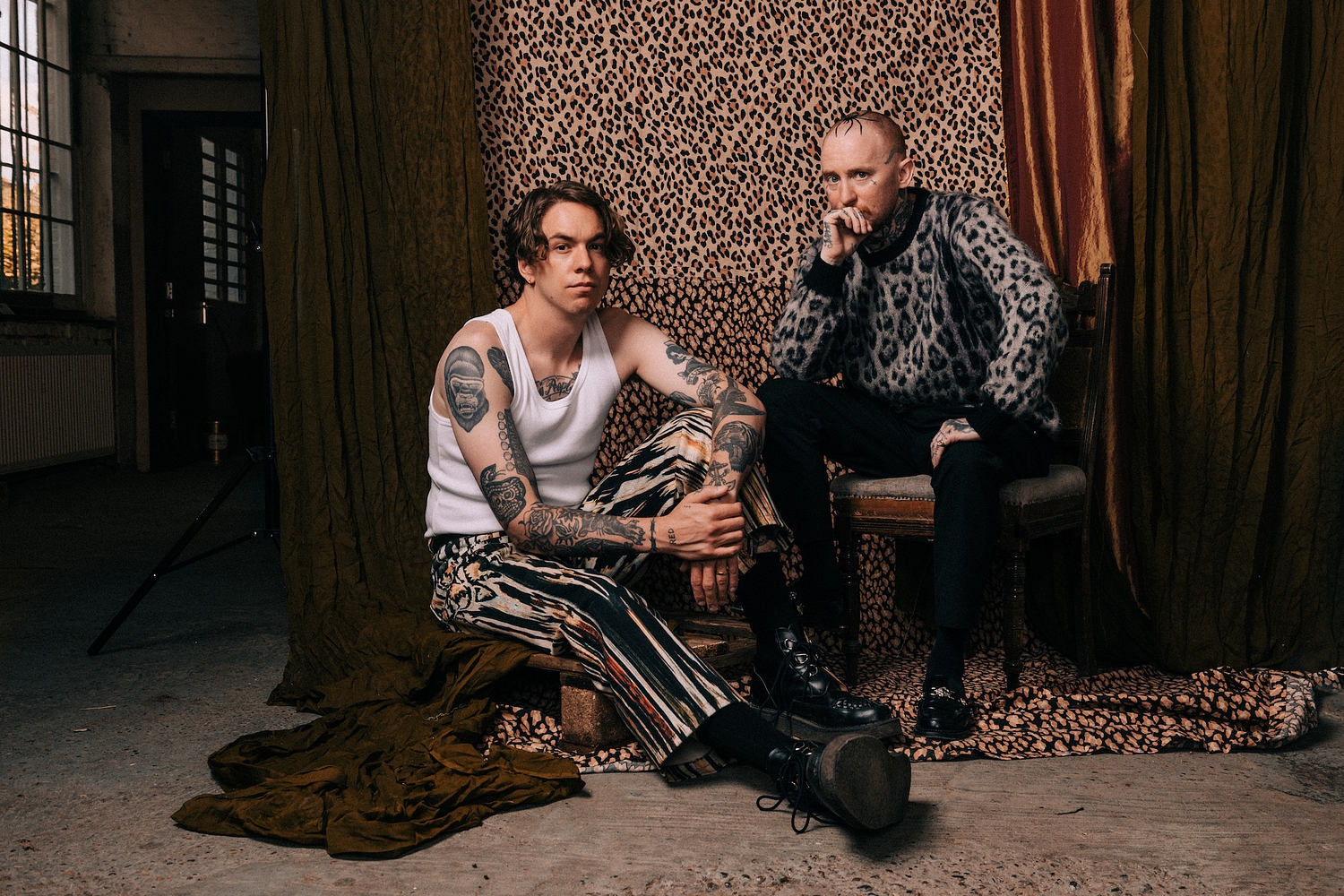
Frank Carter & The Rattlesnakes are on the cover of DIY’s September 2021 issue
Our newest print edition - out now! - also features The Killers, Common, The Vaccines, NAO and loads more.
3rd September 2021, 12:00am

Common releases new single ‘When We Move’
Lifted from his forthcoming new album 'A Beautiful Revolution Pt. 2'.
20th August 2021, 12:00am
Popular right now
With Glass Animals, Los Campesinos!, Alfie Templeman, Lava La Rue and many more.
